Many people in Mississippi and elsewhere find themselves overwhelmed by mounting credit card and mortgage debt but view bankruptcy as an undesirable last resort. However, many advisers suggest that people who really are unable to continue to pay their bills should file for bankruptcy as a way to address their problems and start rebuilding their financial lives.
Bankruptcy filings increased dramatically at the start of the financial recession in 2008 when the number increased by 32 percent from the previous year. In 2012 there were 1.3 million such filings, although latest figures show a slight reduction as the economy begins to improve.
Chapter 7 bankruptcy and Chapter 13 bankruptcy are the two most common types for individuals. Chapter 7 involves the liquidation of a debtor’s nonexempt assets, discharges the debtor’s personal liability for most debts and ensures creditors can no longer take collection actions against the debtor. In contrast, Chapter 13 is a debt adjustment plan somewhat similar to a debt consolidation loan. Debtors gets to keep their property but must repay their debts pursuant to a specific schedule over a period normally lasting from three to five years.
A lost job or unanticipated medical expenses can often place people in a situation where they are no longer able to pay off their debts. A person who is faced with such a situation may wish to speak with an attorney who has experience in bankruptcy law matters. The attorney may be able to determine whether a Chapter 7 or Chapter 13 bankruptcy filing is appropriate under a particular set of circumstances, and may also be able to suggest alternative methods of debt relief.
Source: CNBC, “The good thing about bankruptcy“, Sakina Spruell, October 21, 2013

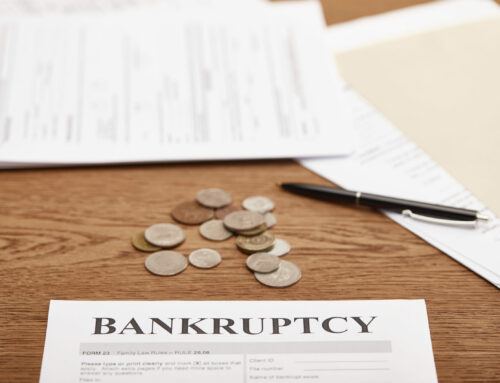
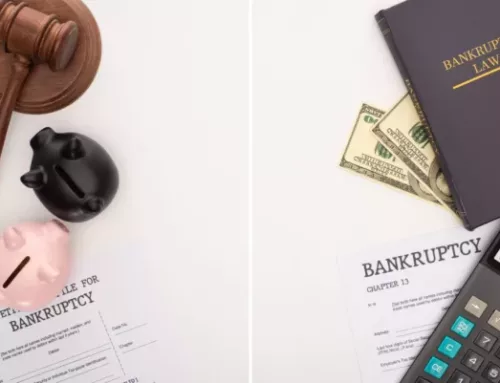
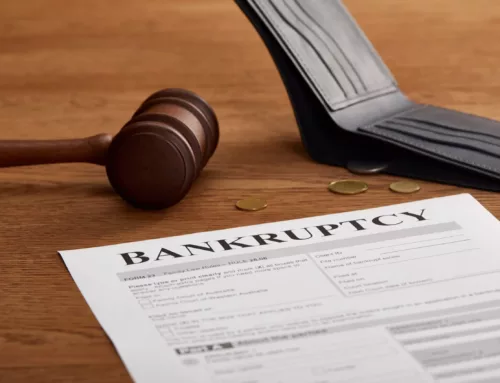
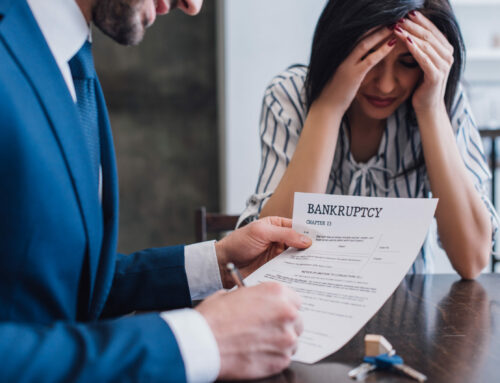

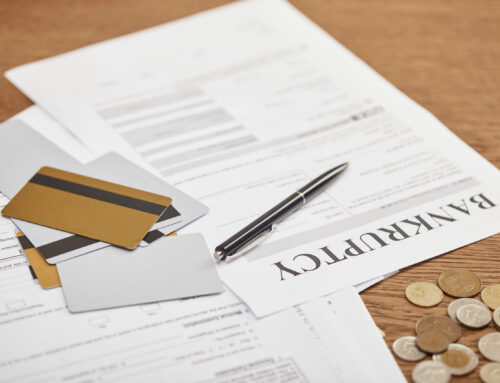

Connect with Us